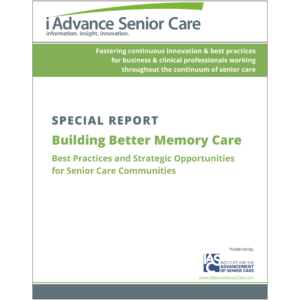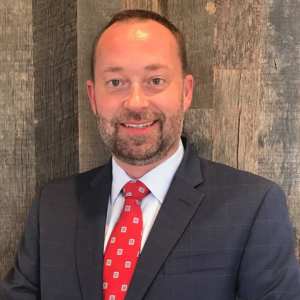Supporting younger LTC residents with traumatic pasts
A study on the effects of traumatic events and the benefits of group support was conducted by Chana Lazar, a second-year master’s student at Touro college Graduate School of Social Work. During her internship at the Brooklyn Center for Rehabilitation and Residential Health Care, she and her supervisor and Camille Huggins, LCSW, examined how traumatic events at an early age can be revealed in support group sessions and how group therapy can help trauma victims in the 31- to 64-year-old age group improve their lives.
According to Lazar and Huggins, 14% of the LTC population is younger than 65 years of age and they more often suffer traumatic events, have more complicated care needs, are rehospitalized more often. They also often have more psychosocial needs than the older population in LTC that go unmet.
Lazar recently presented their findings at the “Trauma Through the Life Cycle from a Strengths-Based Perspective” conference held at the Hebrew University in Jerusalem. Lazar’s presentation, Uncovering Traumatic Events in a Mutual Aid Support Group for People Over 50 with Permanent Disabilities in a Long Term Care Setting,” co-authored by Huggins looked at how traumatic events in a young resident’s early years can be recalled in a mutual aid environment.
“Our purpose was to understand the experiences and views of younger adults in a rehab and long-term care setting, using certain evidence-based practice models,” says Lazar. The study participants also suffered from physical disabilities such as cancer, stroke, and brain injury as well as other mental issues.
“The group was successful in giving the participants hope, strength and inner resources to face serious life crises,” states Lazar. Initially, the residents were reluctant to joing the group, but became more interested when it was approached as a skills-building experience. With Lazar as facilitator, the group opened up and shared their stories with her and each other. Through this support group, the bonded and assisted each other to cope and improve their lives.
An example Lazar cited was a 46-year-old woman with advanced esophageal cancer, experiencing depression and isolation before joining the group. Becoming more comfortable, she and Lazar began visiting the library each week so she couild not only get out, but expand her horizons through reading. According to Lazar, she eventually “went off her feeding tube, her cancer went into remission and is now looking forward to living independently.
Lazar's and Huggins's findings will be published in a future issue of Journal of Clinical Social Work.

Sandra Hoban was on I Advance Senior Care / Long-Term Living’s editorial staff for 17 years. She is one of the country’s longest-serving senior care journalists. Before joining Long-Term Living, she was a member of the promotions department at Advanstar Communications. In addition to her editorial experience, Sandi has served past roles in print and broadcast advertising as a traffic and talent coordinator.
Related Articles
Topics: Activities











